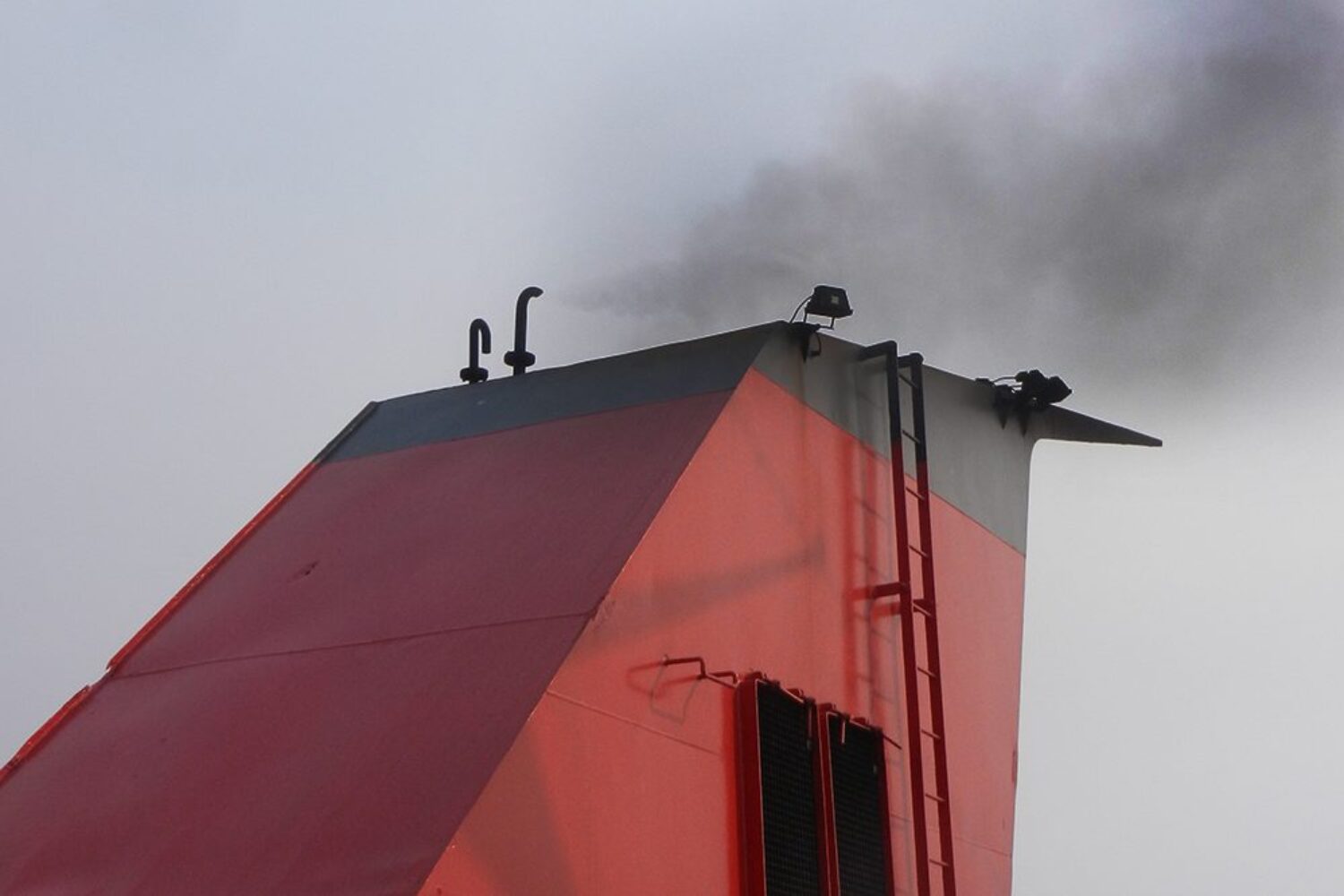In order to prevent thousands of deaths worldwide, the environmental organization NABU is calling for stricter pollutant limits for marine fuels.
Environmental organisation NABU is urging policymakers to introduce stricter pollutant limits for marine fuels and to ban exhaust gas scrubbers entirely. NABU considers the use of scrubbers to be a lazy compromise, which is why it is calling for a ban on this technology.
The call is based on a new study by the International Council on Clean Transportation (ICCT), which shows that reducing the global sulphur cap for marine fuels from the current 0.5% to 0.1% would significantly cut air pollution. NABU argues that this step alone could prevent thousands of premature deaths, reduce health costs substantially and support climate protection efforts. The organisation is therefore calling for these rules to be applied in all sea areas, alongside a global ban on gas scrubbers technology.
NABU expects 4,500 fewer deaths annually
According to NABU, using only low-sulphur distillate fuels such as marine gas oil would deliver by far the greatest health and environmental benefits. Compared to current regulations, sulphur emissions would be reduced by up to 85% worldwide, particulate matter (PM2.5 and PM10) by up to 66% and soot (black carbon) by up to 41%. NABU calculates that this could avoid up to 4,500 premature deaths per year and save up to 11 billion US dollars in health-related costs.
“These figures speak for themselves: raising fuel quality not only protects people’s health, but also the climate and nature,” says Sönke Diesener, NABU shipping expert. “It is high time to anchor these standards worldwide. The sulphur content of marine fuels is already limited to 0.1 percent in numerous emission control areas (ECA), for example in the North Sea and Baltic Sea, in the Mediterranean and soon also in the North-East Atlantic. This changeover is easily possible, which makes it all the more incomprehensible that many people around the world are still being exposed to particularly toxic ship exhaust fumes.”
A lever for the maritime energy transition?
As NABU also reports, the ICCT study also highlights that stricter sulphur limits would strengthen the competitiveness of climate-friendly propulsion systems. The mandatory switch from heavy fuel oil to more expensive, lower-sulphur fuels would narrow the cost gap between conventional fuels and alternatives fuels such as green methanol or ammonia. According to NABU, this would become a key lever to accelerate the maritime energy transition.
The study further underlines that phasing out both heavy fuel oil and scrubbers would have the greatest impact on health and the environment. Although scrubbers reduce the sulphur in exhaust gas to the permitted level, they transfer the environmental impact from the smokestack to the sea via the scrubbing water.
“Scrubbers are a lazy compromise: they artificially keep the use of dirty heavy fuel oil alive and lead to considerable pollution of the marine environment,” says Diesener. “A global ban on scrubbers must accompany the introduction of stricter sulphur limits.”













